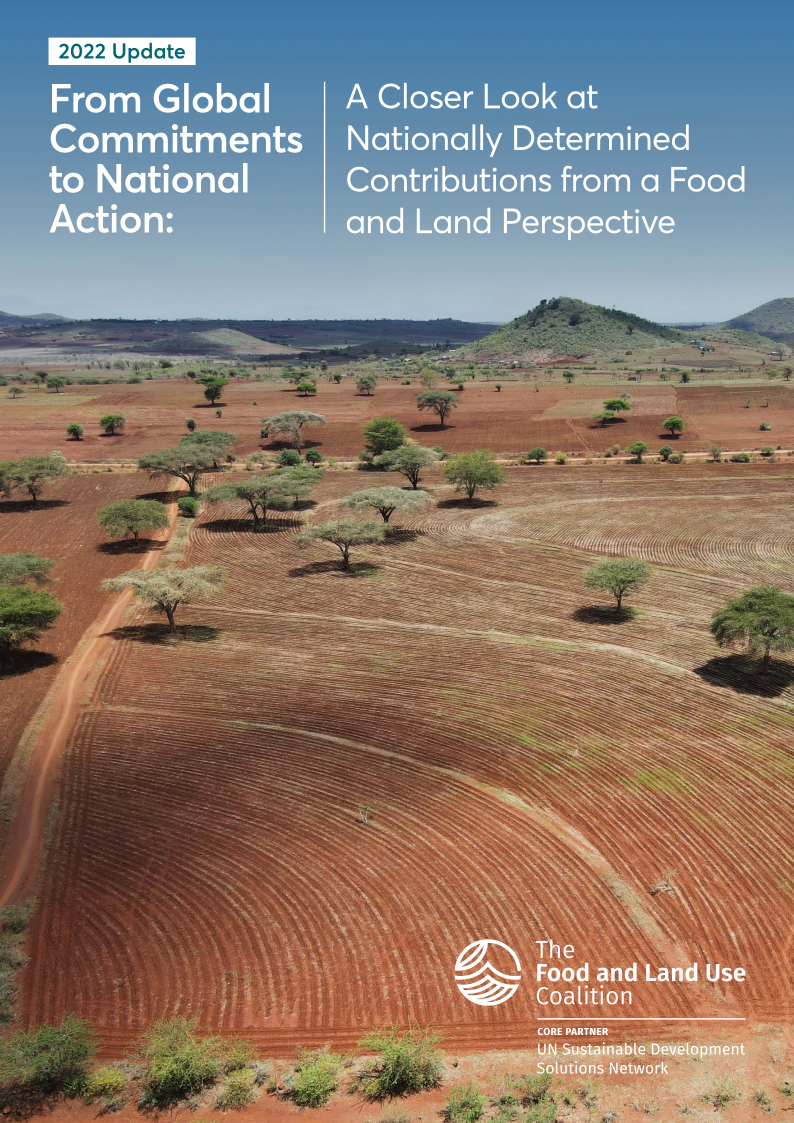Sustainable Food & Land Use Systems
Filters
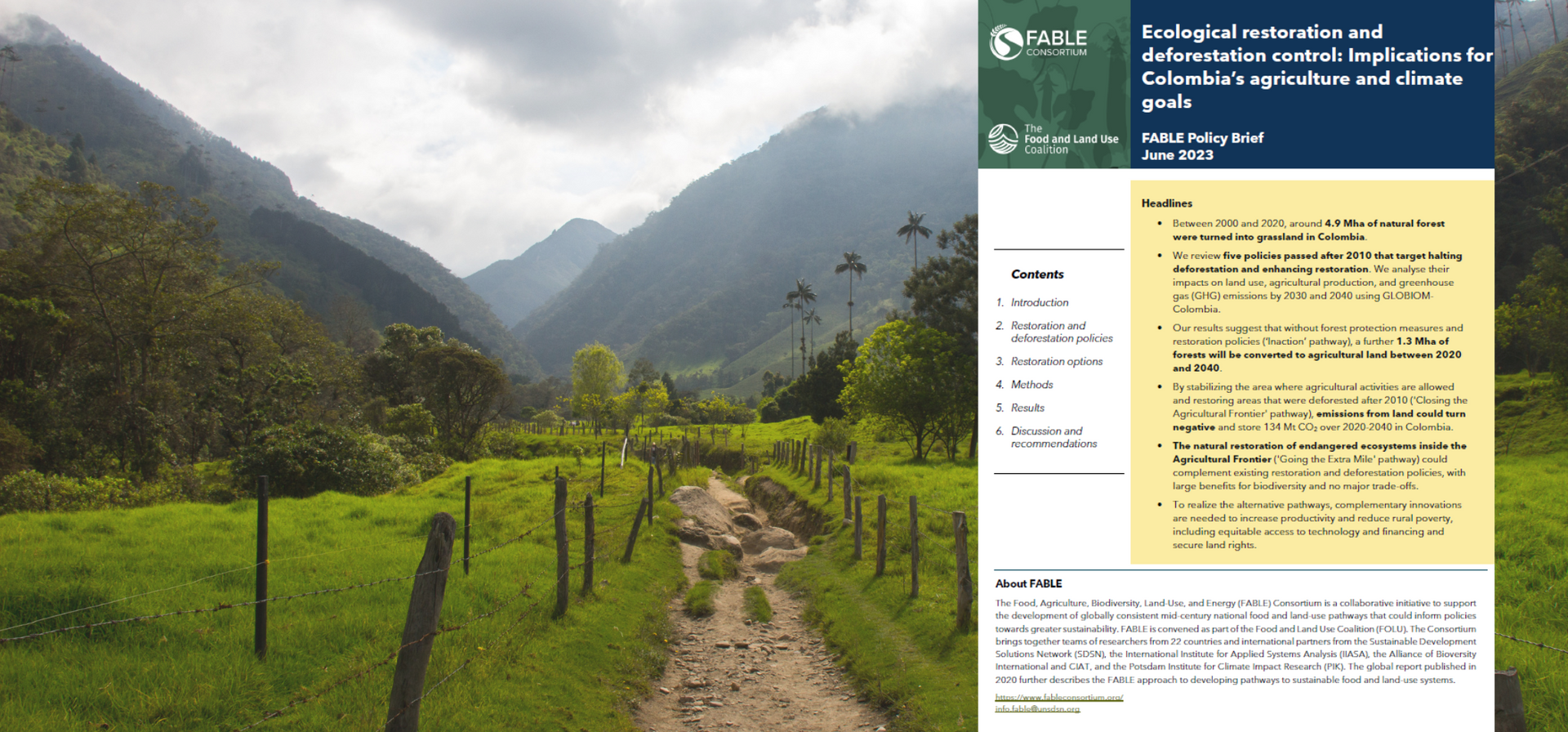
By FABLE
•
06 Jun, 2023
New research conducted by the FABLE Colombia team led by Javeriana University, and the International Institute for Applied Systems Analysis (IIASA) sheds light on the urgent need to adapt restoration policies in Colombia. This policy brief presents key findings from the analysis, highlighting the importance of focusing on specific areas that have not been adequately addressed in current restoration efforts. By considering these overlooked areas, Colombia can mitigate the adverse effects of deforestation, promote biodiversity conservation, and contribute to climate change mitigation.
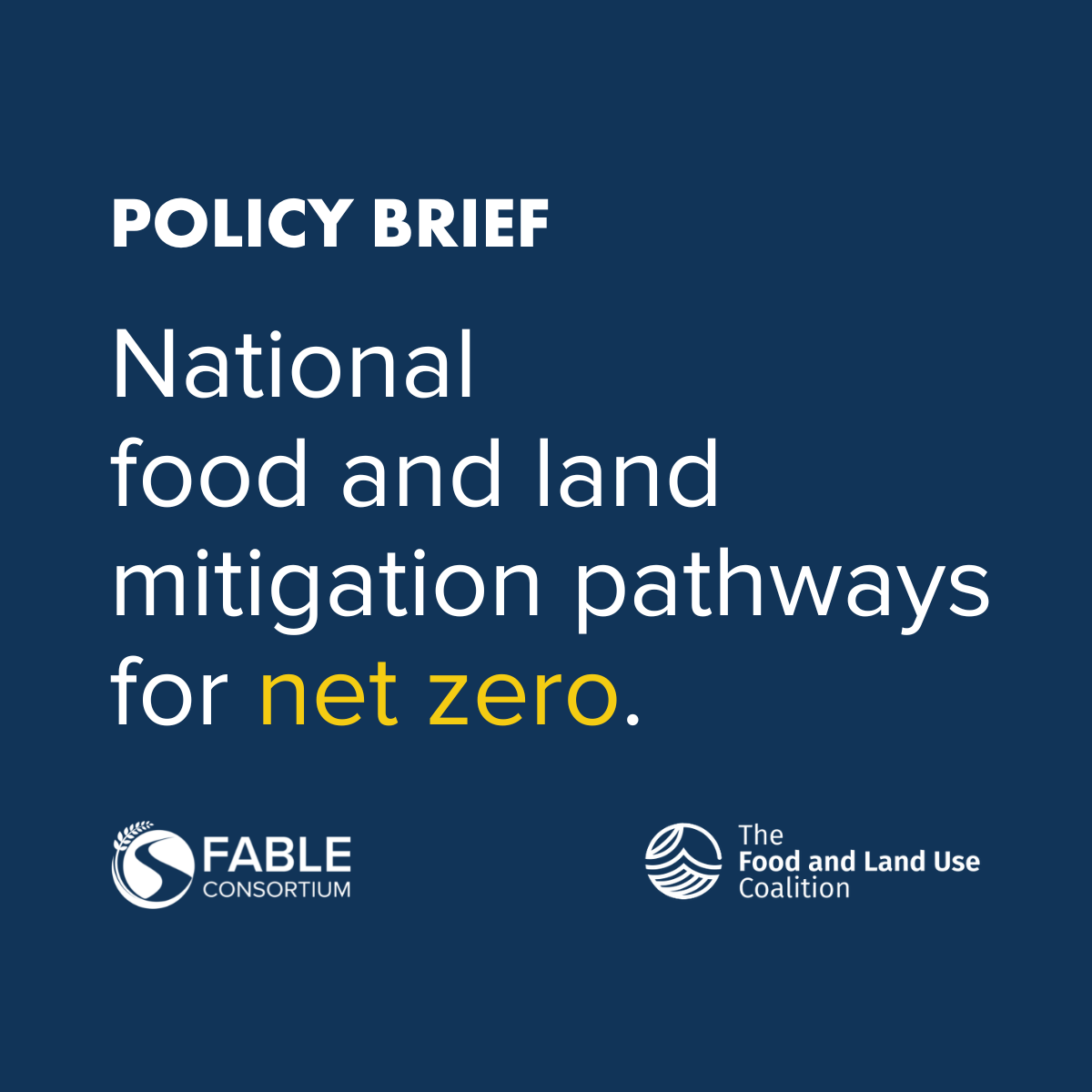
By Maëlle Voil
•
27 Oct, 2022
New research by the FABLE Consortium , an initiative convened under the Food and Land Use Coalition , shows the critical need for countries to promote sustainable food consumption and production in order to keep global warming below 2˚C. The brief highlights how countries’ food and land use systems can contribute to net zero targets. It classifies countries into six profiles, in order to identify priority actions in their food and land use systems according to their specific contexts.
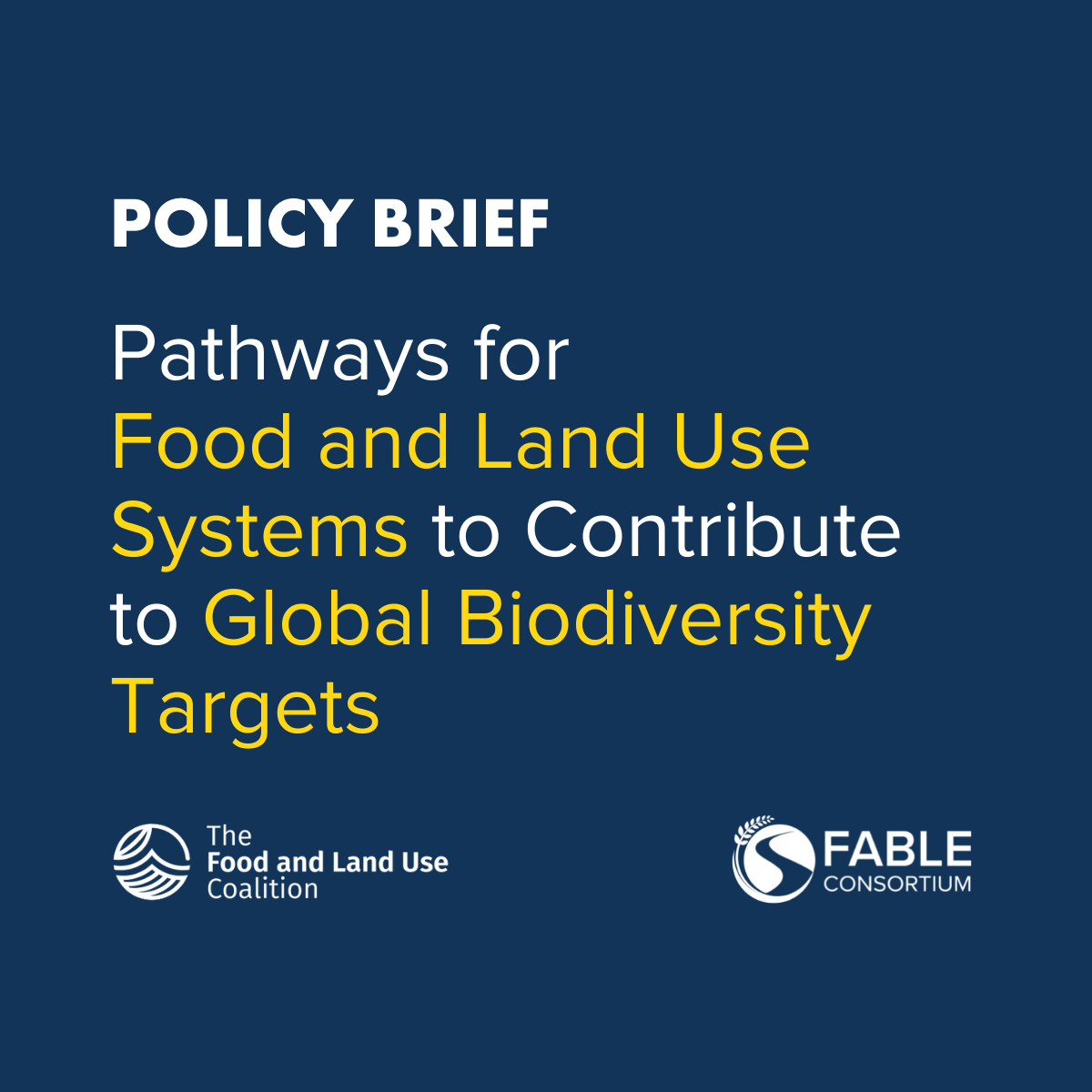
By Maëlle Voil
•
24 Mar, 2022
New research by the FABLE Consortium , an initiative convened under FOLU , shows how much progress can be made towards global biodiversity targets if urgent action is taken to make food and land use systems more sustainable. The brief focuses on the achievements of the following three global biodiversity targets from the CBD post-2020 framework (CBD/WG2020/3/3), by 2030 and 2050: Enhance the integrity of all ecosystems, “with an increase of at least 15% in the area, connectivity, and integrity of natural ecosystems, supporting healthy and resilient populations of all species” by 2050 Achieve a “net gain in the area, connectivity, and integrity of natural systems of at least 5%” by 2030 Retain “existing intact and wilderness areas”, halting losses by 2030 or before The study develops the modelling of two possible future scenarios for the 20 FABLE countries: Argentina, Australia, Brazil, Canada, China, Colombia, Ethiopia, Germany, Finland, India, Indonesia, Malaysia, Mexico, Norway, Russia, Rwanda, South Africa, Sweden, the United Kingdom and the United States.
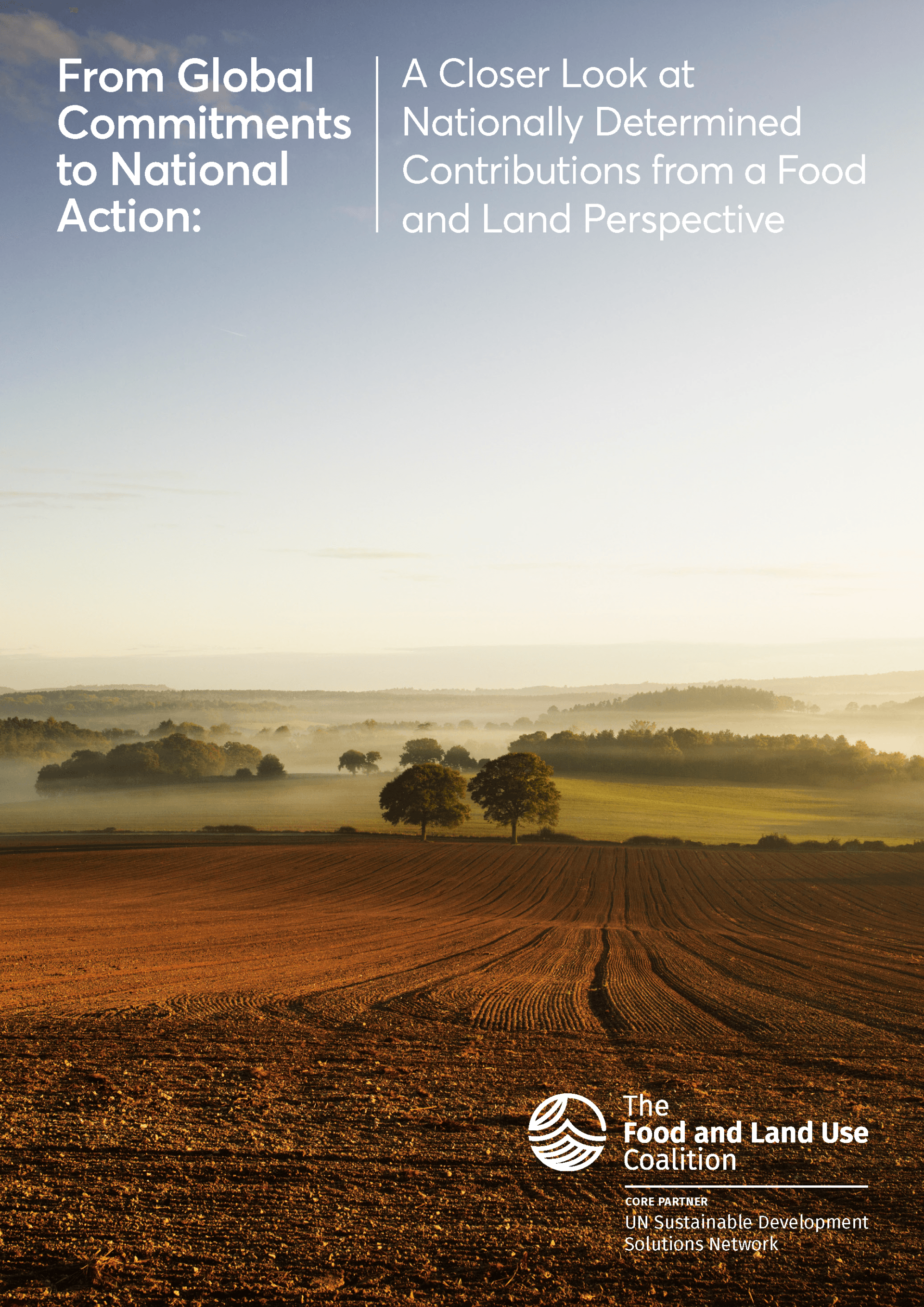
By jay
•
09 Nov, 2021
This new report from the Food and Land Use (FOLU) Coalition and SDSN's Food, Environment, Land and Development (FELD) Action Tracker, presents results from a systematic analysis of Nationally Determined Contributions (NDCs) submitted before October 2021 by G20 members and key forested countries from the FOLU Coalition, in advance of COP26. It assesses how action-oriented the NDCs are in terms of transforming the food and land sector, what specific policy measures they propose and where policy gaps and opportunities are. The 15 reviewed NDCs represent over 60% of global greenhouse gas emissions and include Argentina, Australia, Brazil, Canada, Colombia, Ethiopia, the European Union, Indonesia, Japan, the Republic of Korea, Mexico, the Russian Federation, South Africa, the United Kingdom and the United States of America. The brief is accompanied by individual country profiles for each NDC. Six years on from the Paris Agreement, the world’s largest emitters are still showing weak commitments and insufficient actions to reducing emissions and increasing carbon sinks in the food and land sector. Policymakers must urgently set ambitious, detailed and actionable policies to transform food and land use systems in order to reach net zero emissions by mid-century.
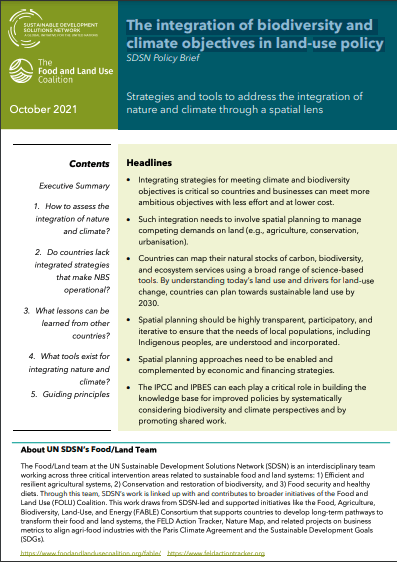
By jay
•
28 Oct, 2021
The Food and Land team at SDSN launched a policy brief to present the case for the need to integrate nature and climate. The brief aims to outline practical steps for policymakers, particularly drawing on spatial planning, to operationalize the 30x30 target (conserving 30% of the Earth’s land and sea areas by 2030) and meet the objectives of the Paris Agreement and Sustainable Development Goals (SDGs).

28 Jul, 2021
The Food, Agriculture, Biodiversity, Land-Use, and Energy (FABLE) Consortium is releasing two policy briefs over the coming months intended to advise national governments on sustainable land-use and diets. The first brief, entitled “Environmental and agricultural impacts of dietary shifts at global and national scales'' was published on July 27, 2021.
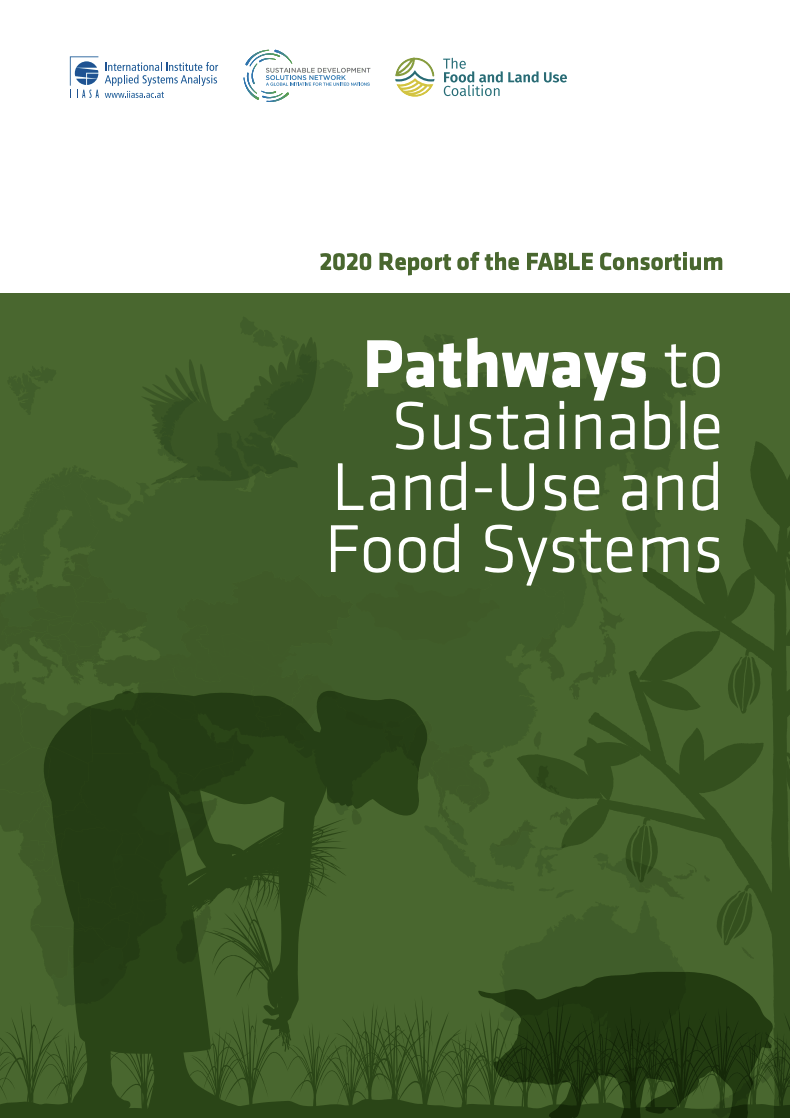
By jay
•
01 Dec, 2020
This second global report of the Food, Agriculture, Biodiversity, Land-Use, and Energy ( FABLE ) Consortium presents pathways towards sustainable land-use and food systems for 20 countries. The FABLE pathways presented in the report now present at least one Current Trends Pathway and one Sustainable Pathway to assess how far and how quickly improved policies can make land-use and food systems sustainable. They have also been expanded to cover freshwater, future climate-change impacts on crops, a richer discussion of biodiversity targets, and a more detailed trade analysis. They show how countries can meet mid-century objectives on food security, healthy diets, greenhouse gas emissions, biodiversity, forest conservation, and freshwater use. The report’s findings suggest that integrated strategies across food production, biodiversity, climate, and diets can meet the objectives of the Paris Agreement and the Sustainable Development Goals (SDGs), but will require deep transformations in all countries. To our knowledge these are among the only national mid-century pathways towards sustainable land-use and food systems that are broadly consistent with the objectives of the Paris Agreement, the proposed post-2020 Biodiversity Framework, and other SDGs. As part of the Food and Land Use Coalition, we work with interested governments to support integrated strategies, including climate and biodiversity strategies under the climate and biodiversity conventions, that address short-term pressures on land-use and food systems and are consistent with meeting long-term goals.
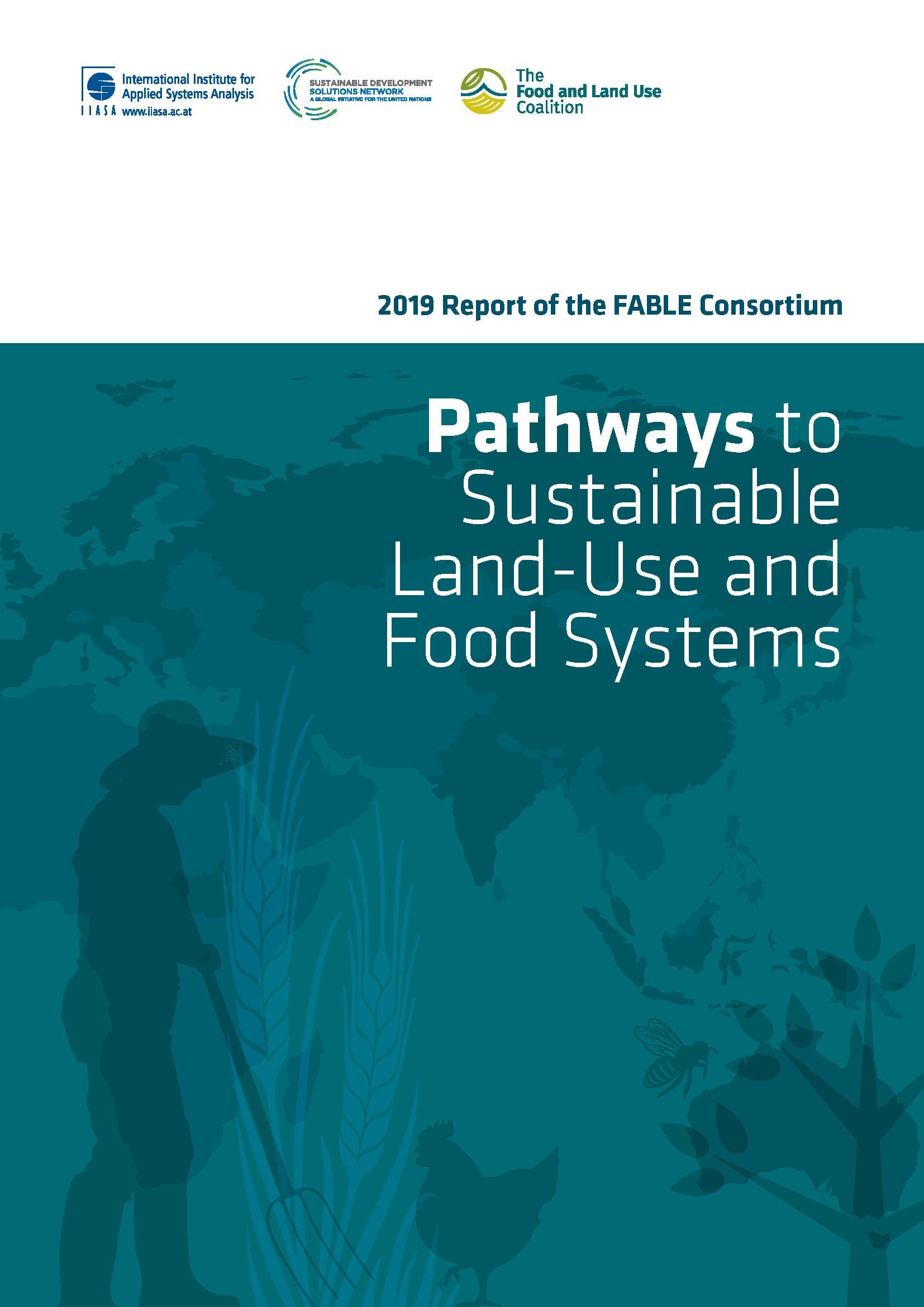
By jay
•
25 Jul, 2019
This first report by the FABLE Consortium presents preliminary pathways towards sustainable land-use and food systems prepared by 18 country teams from developed and developing countries, including the European Union. The aim of these pathways is to determine and demonstrate the feasibility of making land-use and food systems sustainable in each country to achieve the SDGs and the objectives of the Paris Agreement on Climate Change. The report represents the first coordinated effort by researchers from most G20 countries and other nations to chart long-term pathways towards sustainable land-use and food systems. Our preliminary results show that the objectives can be achieved but will require deep transformations in every country. The report was jointly prepared by the 18 FABLE country teams, including the EU. The International Institute for Applied Systems Analysis (IIASA) and the Sustainable Development Solutions Network (SDSN) coordinated the report, working closely with EAT and the Potsdam Institute for Climate Impact Research (PIK), and many other institutions. Explore an interactive executive summary of the report .
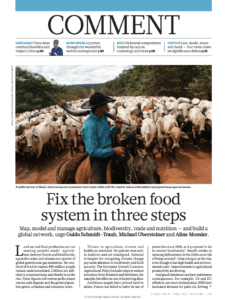
By jay
•
09 May, 2019
This Nature Comment, authored by SDSN’s Guido Schmidt-Traub and Aline Mosnier with Michael Obersteiner from IIASA, discusses three steps to fix the food system, including the Food, Agriculture, Biodiversity, Land, and Energy (FABLE) Consortium , which is part of the Food and Land-Use Coalition .
SIGN UP FOR SDSN UPDATES
Get our latest insights, opportunities to engage with our networks, and more.
SDSN mobilizes global scientific and technological exertise to promote practical solutions for sustainable development, including the implementation of the Sustainable Development Goals (SGDs) and the Paris Climate Agreement.
Paris
19 rue Bergère
75009 Paris
France
+33 (0) 1 84 86 06 60
New York
475 Riverside Drive
Suite 530
New York NY 10115 USA
+1 (212) 870-3920
Kuala Lumpur
Sunway University
Sunway City Kuala Lumpur
5 Jalan Universiti
Selangor 47500
Malaysia
+60 (3) 7491-8622
Designed by
Northeast Kingdom Online. Powered by
NEKO|360.

